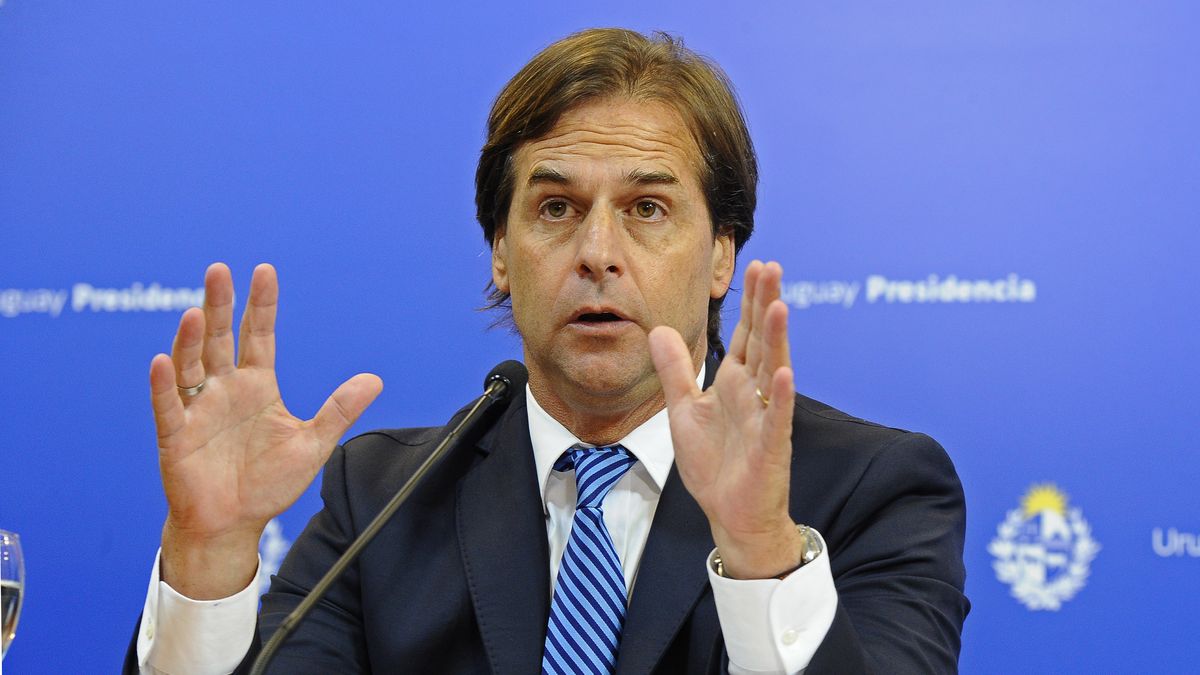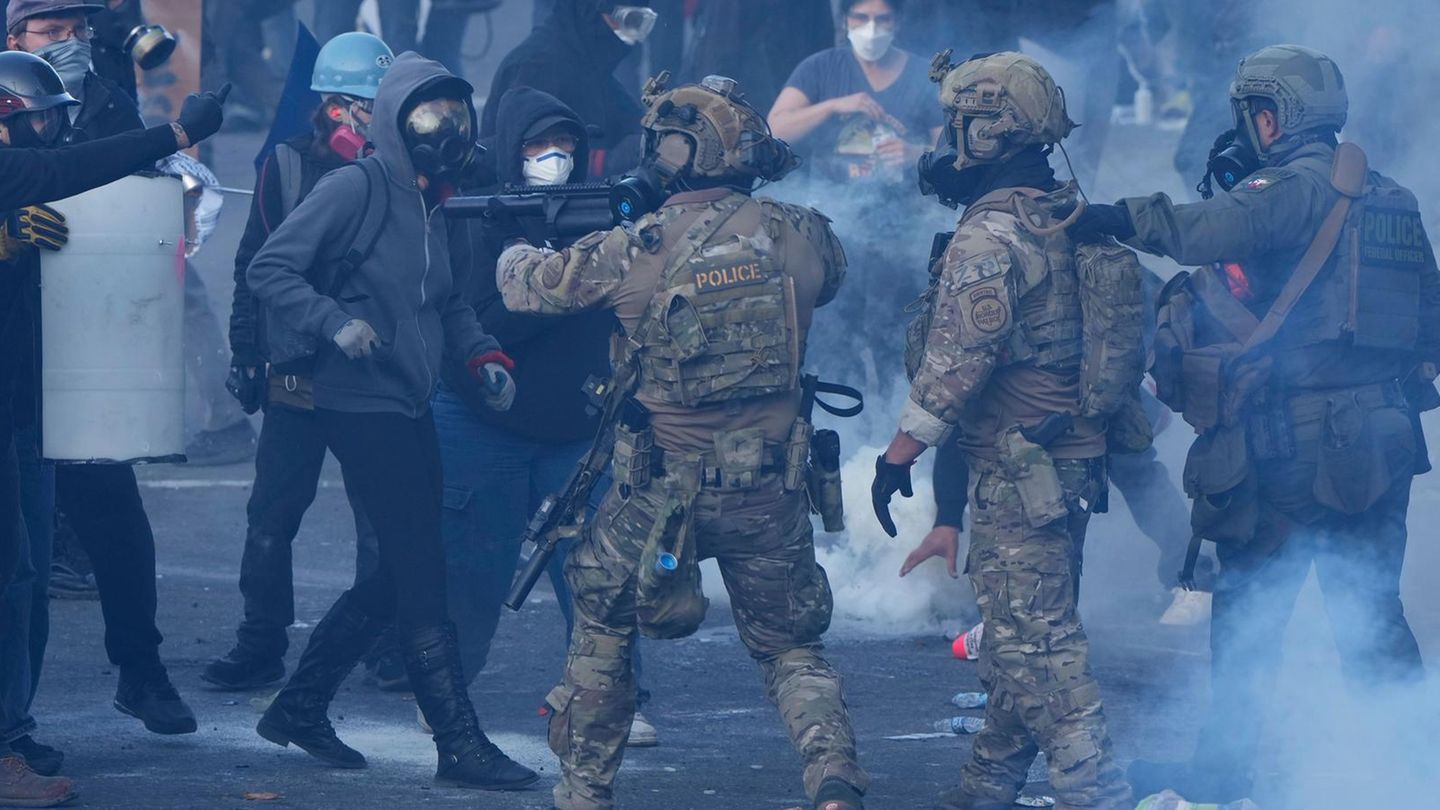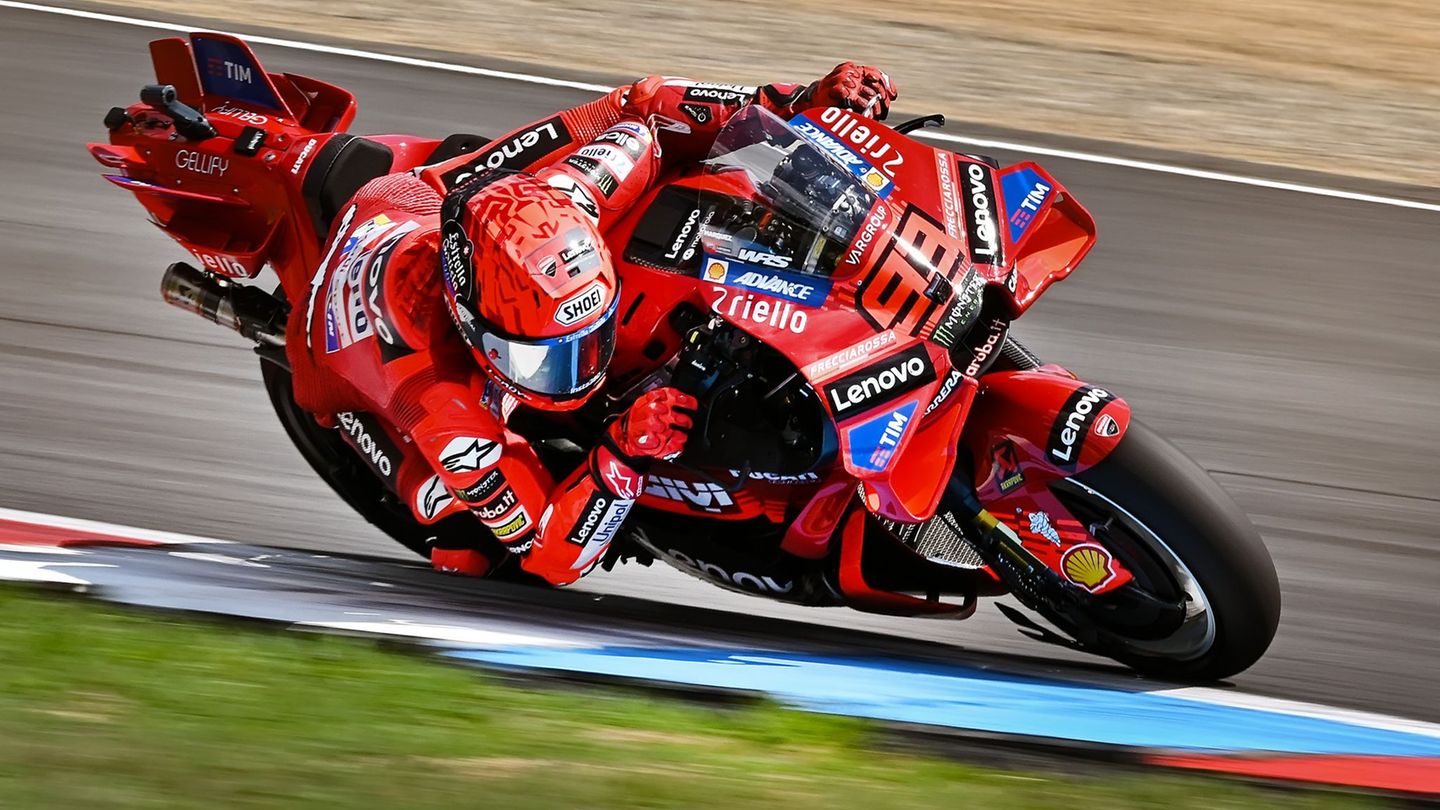President Luis Lacalle Pou gave a press conference after his return to Uruguay after the Summit of Leaders of the Community of Latin American and Caribbean States (Celac) and the European Union (EU)and assured that “these coming months are essential” for the completion of the agreement Mercosur-EU.
The compromise achieved between the European and Latin American leaders was clear: close 25 years of negotiations in the remainder of this year. Mainly because the European bloc will have a change of mandate in 2024and the conversations can take another direction.
In this sense, President Lacalle Pou shared his balance after arriving from the trip to Brussels, and affirmed that he maintains a “moderate optimism” about the negotiations, even in the temporary terms that were discussed at the summit that took place in the Belgian capital.
In a press conference, he maintained that now the multilateral organizations must agree on the aspects “commercial” and “political”, the latter being the “most complex issue”. Another issue that is of great relevance in the negotiations is “the issue environmental, which is transversal” to both aspects.
“From my point of view, if we are more commercial, we can move faster“, expressed Lacalle Pou, who also understands that it is “better for Uruguay” that this path be developed.
A new mention of Mercosur
The president also referred to the flexibility of Mercosur in the face of the press, and the need for Uruguay to “advance” on different agreements, a question on which he has insisted for several months. However, he emphasized that advancing “in bar” with the other countries of the bloc “is always better.” “What we can’t do is stay frozen”he concluded, in line with the position that he has also maintained in meetings with his Latin American peers.
Asked if Uruguay “is not empowered” to reach agreements bilaterally, as it tries with China and with him Transpacific Agreement, Lacalle stated: “What enables us to move forward are the agreements, the treaties that we have signed in accordance with international law. If we are protected, we will move forward“.
However, he acknowledged that “diplomacy weighs a lot” and that the opinion of Argentina and Brazil “against” this Uruguayan position “has its weight.”
Source: Ambito




